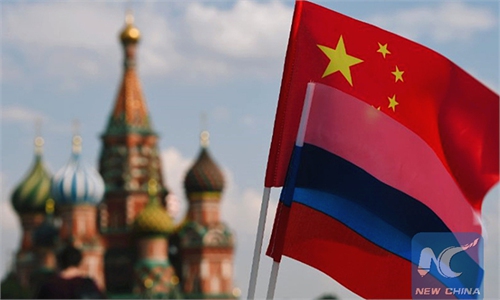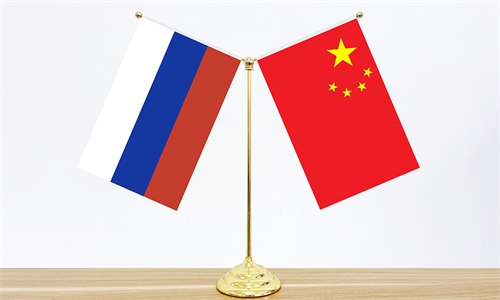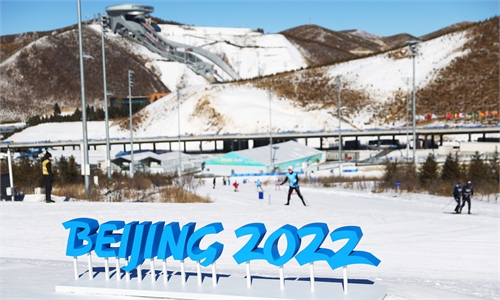China starts busy diplomacy season with over 30 foreign dignitaries in Beijing for Olympics
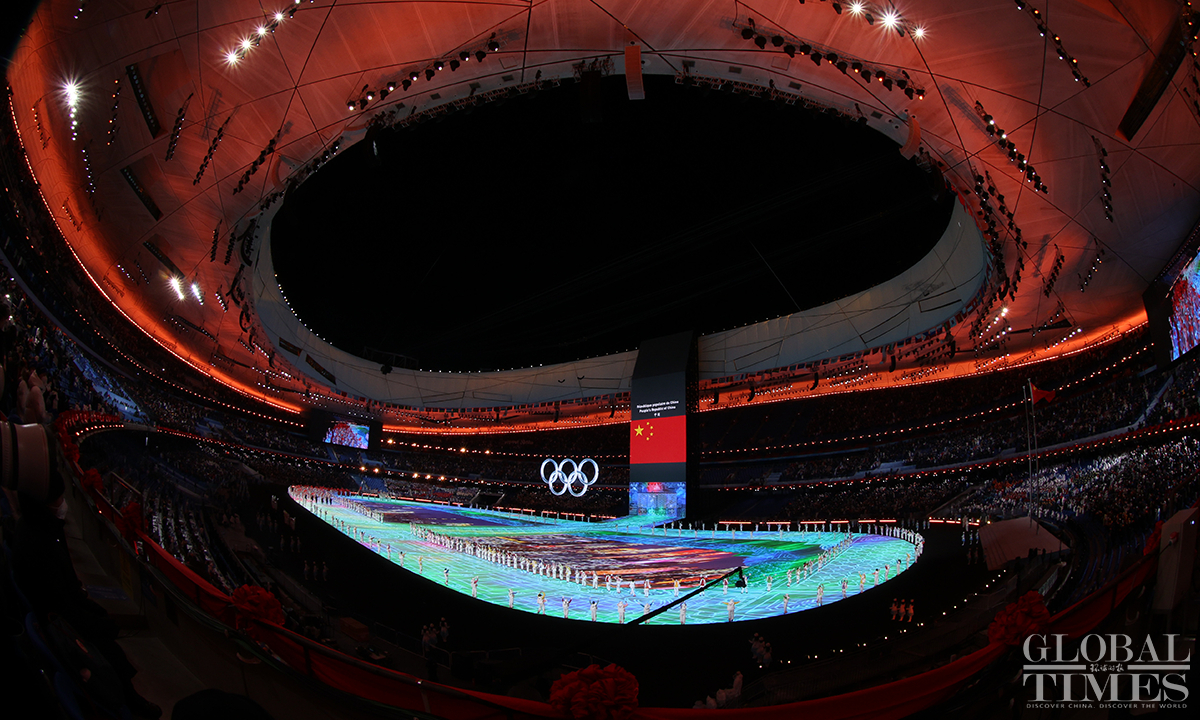
Photo: Li Hao/GT
The tarmac of the Beijing Capital International Airport is seeing its busiest time in the last two days with more than 30 foreign dignitaries arriving in Beijing for the opening ceremony of the Beijing 2022 Winter Olympic Games, as China kicked off a busy and crucial round of diplomatic activities to improve relations, promote multilateralism and call for global unity in dealing with global and regional challenges.
On Friday afternoon, Russian President Vladimir Putin arrived to attend the 2022 Winter Olympics and met with Chinese President Xi Jinping to discuss closer cooperation.
On Friday morning, many dignitaries also arrived in Beijing, including Argentine President Alberto Fernandez, Serbian President Aleksandar Vucic and Abu Dhabi Crown Prince Sheikh Mohammed bin Zayed Al Nahyan.
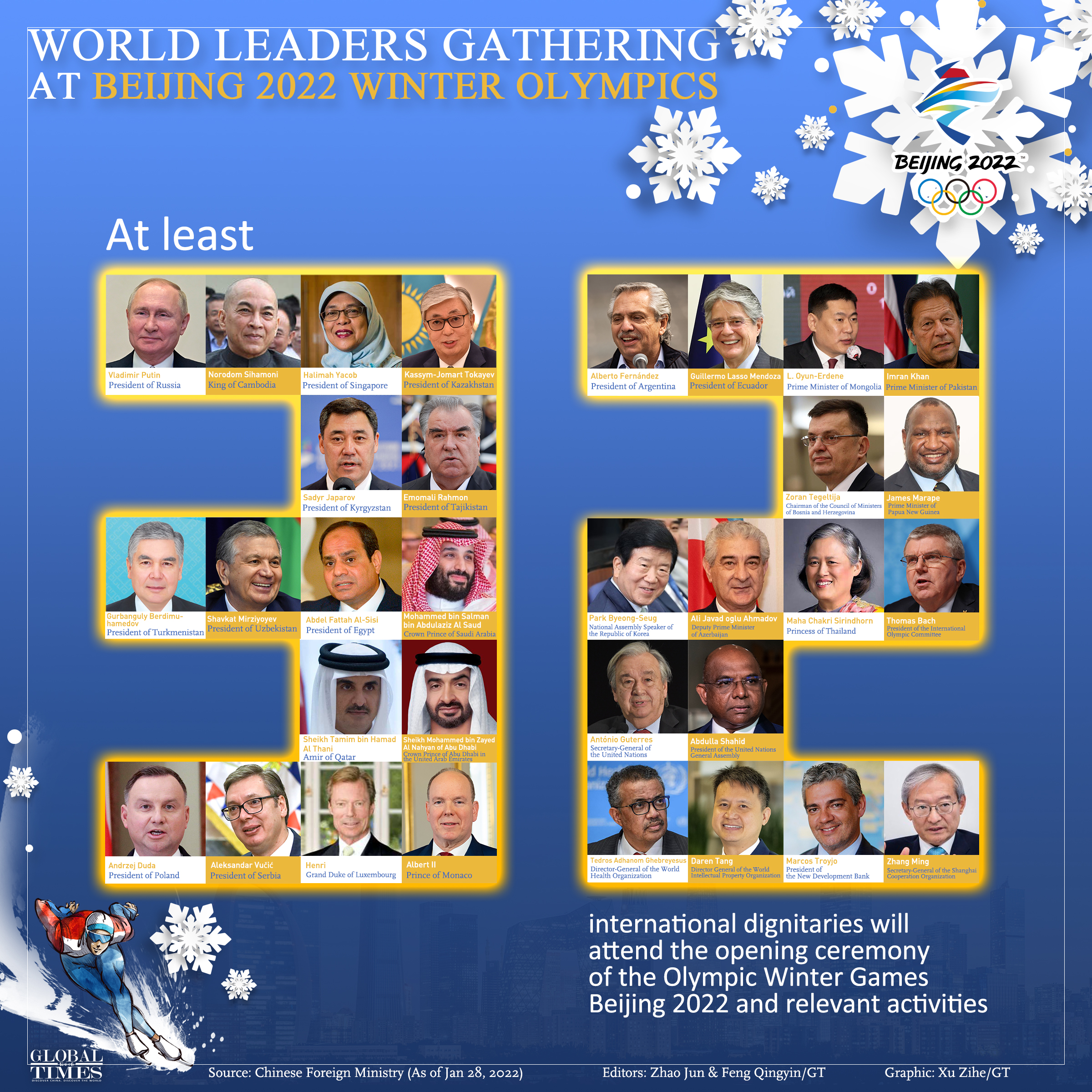
World leaders gathering at Beijing 2022 Winter Olympics. Graphic: Xu Zihe/GT
At least 32 foreign heads of state, heads of government, members of royal families and heads of international organizations attended the opening ceremony of the Games, and many of them arrived in Beijing on Thursday.
With foreign dignitaries attending the 2022 Winter Olympic Games, China also started one of its most important diplomatic activities this year to improve cooperation with partners, help coordinate heated regional concerns and above all, promote multilateralism and global cooperation in dealing with challenges, analysts said, noting that this also shows China's capacity to unify others amid challenging times.
The dignitaries attended the opening ceremony of the Winter Olympics this year under unique circumstances - it is being held as the world is wandering at the crossroads and thinking of future ways amid an unprecedented crisis, Yang Xiyu, a senior research fellow at the China Institute of International Studies in Beijing, told the Global Times on Friday.
Yang noted that the world is still suffering from the COVID-19 pandemic, the global economy is experiencing a downward trend with more uncertainties and risks, the sustainability of humans is facing challenges with threats of climate change, and instead of being united, the world is falling into more confrontations amid the US's Cold War mentality.
The leaders of the WHO and the UN also came to attend the event, which shows that athletes and dignitaries gathered in Beijing not only to enjoy the sports event but also to send a strong voice of greater unity.
UN Secretary-General Antonio Guterres, President of the UN General Assembly Abdulla Shahid, WHO Director-General Dr. Tedros Ghebreyesus and World Intellectual Property Organization Director-General Daren Tang arrived in Beijing on Thursday evening.
To convey the message that the Olympic spirit of "Faster, Higher, Stronger" can only be carried by solidarity, leaders of international organizations participated in the torch relay in Beijing on Friday, including President of the International Olympic Committee Thomas Bach, Ban Ki-moon, the eighth Secretary-General of the UN, Shahid and Tedros.
"The Olympic Flame is a symbol of tolerance, solidarity and hope. I was honored to join the Olympic Torch Relay for the Olympic Winter Games… I call on everyone to come together to cherish the Olympic ideals of friendship, respect and excellence," Shahid tweeted on Friday, posing videos of himself in the relay.
Siddharth Chatterjee, resident coordinator of UN China, told the Global Times on Friday that Guterres is in Beijing for the opening ceremony of the Winter Olympics. He met the UN Country Coordinator in China today and spoke about his common agenda, which is designed to strengthen and accelerate multilateral agreements - particularly the 2030 Agenda - and make a tangible difference in people's lives.
Against the backdrop of the world calling for solidarity, China is holding the Winter Olympic Games and injected new meaning to boost the world. The Beijing Olympic Games is sending positive energy and pointing to the right direction for unity and cooperation, analysts said.
Most of the countries that have come to support China have maintained close economic relations or high political trust with China and the meetings between top leaders and bilateral activities are expected to increase consensuses for better cooperation in many fields, including cooperation under the Belt and Road Initiative, Li Haidong, a professor at the Institute of International Relations of the China Foreign Affairs University, told the Global Times.
Countries will also take this opportunity to share their views on topics related to international politics and security, on how to promote justice, fairness and inclusiveness in the current economic and international order, and on how to better embrace peace and development, Li said.
Analysts noted that heated regional issues may also be topics for such a multilateral platform in Beijing as some Western media outlets speculated whether there will be discussions on the Ukraine issue during the Winter Olympics.
China has fully demonstrated the Olympic spirit not only in bidding for the Games but in preparing and holding it, which reflects China's positive influence in the international community and its contributions to world peace and development, Li said, noting that such a positive international image has improved China's influence.
